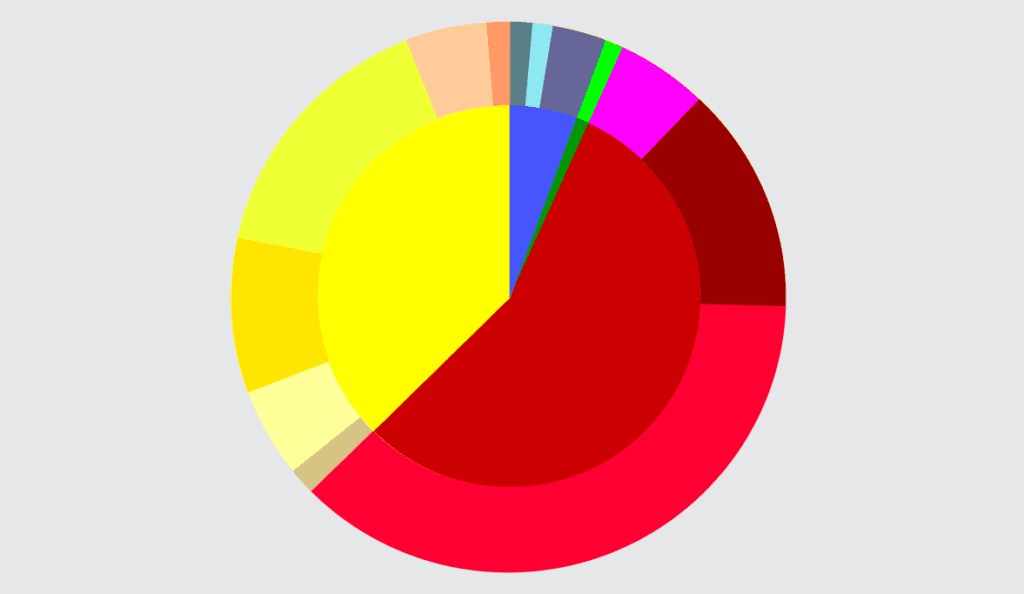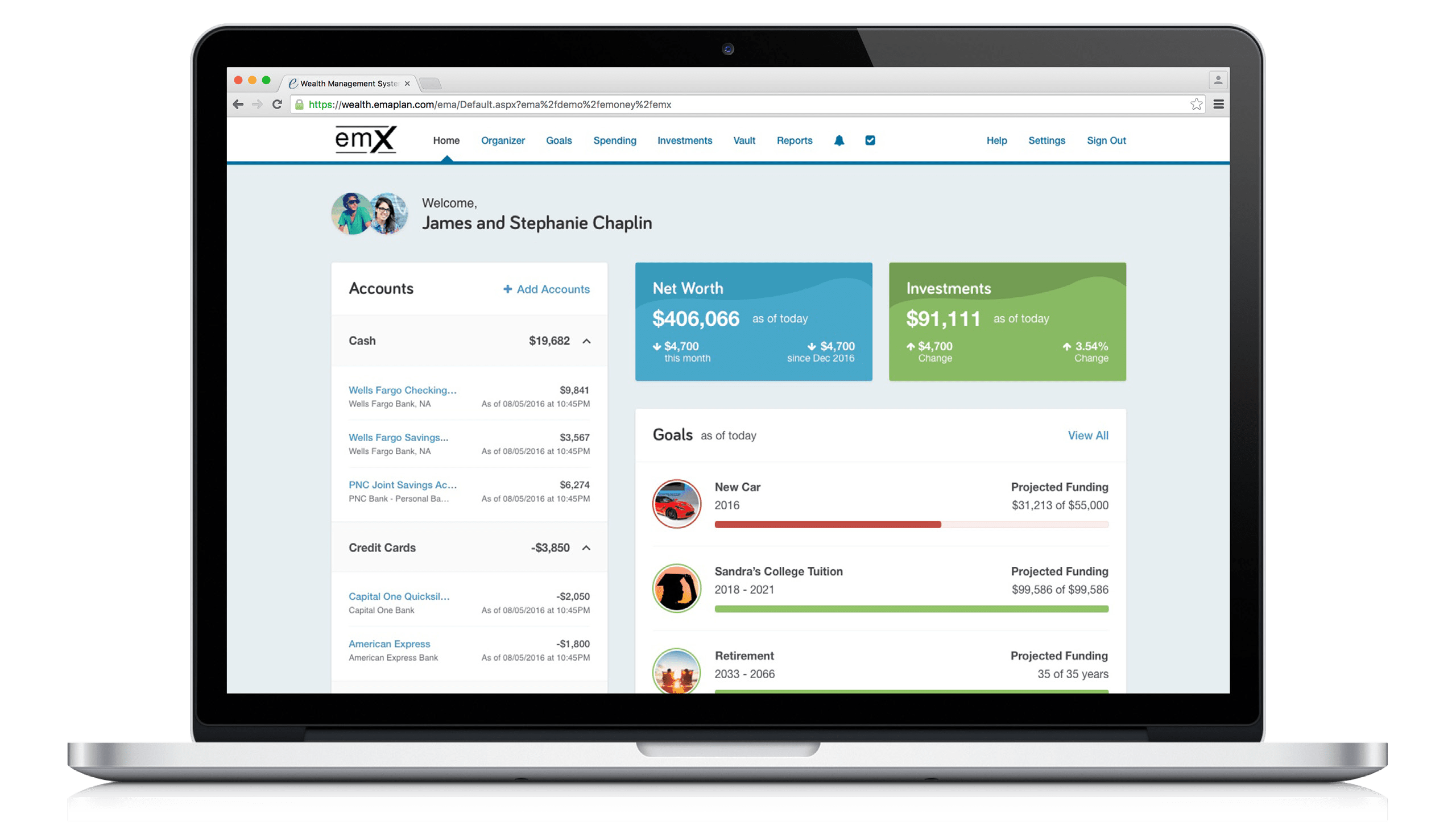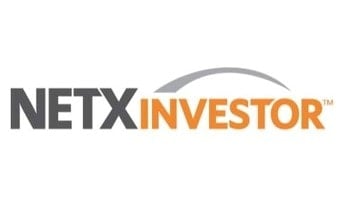The housing market continues to heat up alongside the post-pandemic boom. The limited supply of homes, historically low interest rates, rising financial asset prices and other factors have created a sense of urgency among many to buy new homes and list their existing ones. As the market further eclipses pre-2008 levels, how does this affect investors?
The housing market is both an income-generating asset class as well as a macro-economic indicator. Housing prices at all-time highs can bolster financial confidence and spur consumer spending in other areas, a fact often referred to as the “wealth effect.” That this is occurring while all financial assets are rising should not be a surprise, since the housing market is highly correlated with the stock market and other liquid sources of wealth.
The fact that interest rates have fallen in recent weeks may continue to support prices too, whether or not the market needs the support. The 30-year Treasury yield, which peaked at nearly 2.45% in March, is now under 2%. The average 30-year fixed rate mortgage is still below 3% as a result. While both of these rates are well above their 2020 levels, they are still extremely low by historical standards. The Fed’s guidance that it may keep its policy rate at zero percent until 2023 only supports housing affordability further.
The risk of inflation may also be bolstering the market. As a traditional inflation hedge, real estate investment prices have soared this year. The S&P 500 Real Estate sector has generated a total return of 28%, beating the overall market during the recovery and ongoing rotation in sector leadership. It is currently the second-best performing sector year-to-date behind energy.
Of course, where real estate and related stock prices go from here will depend on several factors including the supply/demand of homes, interest rates, stock market valuations and more. To date, not all assets related to real estate have benefitted equally. Lumber prices for instance, jumped to historic highs earlier this year but have since plummeted. And while the market is still hot in most parts of the country, this could also cool a bit after this initial phase of the recovery.
As always, this is a key reason investors should stay diversified and take a holistic view of their portfolios. The housing market has been a positive sign for the economic recovery and has likely increased the wealth of many on paper. Below are three charts that highlight recent data around this important sector.
Housing prices continue to break records
Housing prices, as measured by broad indices such as the Case-Shiller index, continue to reach new all-time highs. This should be no surprise as financial liquidity searches for income-generating and inflation-protected returns. However, rising home prices can also feed back into financial markets due to the wealth effect.
Homebuilding activity is attempting to keep up
With a limited supply of available homes for purchase, housing starts and new building permits have jumped. Over time, supply and demand may reach a better balance.
Mortgage rates are still near historic lows
Despite higher interest rates this year, mortgage rates are still near historic lows. This increases the affordability of housing and can motivate buyers to jump into the market. The Fed’s guidance that it will seek to keep rates low until at least 2023 only fuels the market further.
The bottom line? The housing market is running hot due to a variety of factors. While this is a positive sign for the recovery and economic expansion, investors should continue to stay diversified.
Image Jens Neumann from Pixabay





